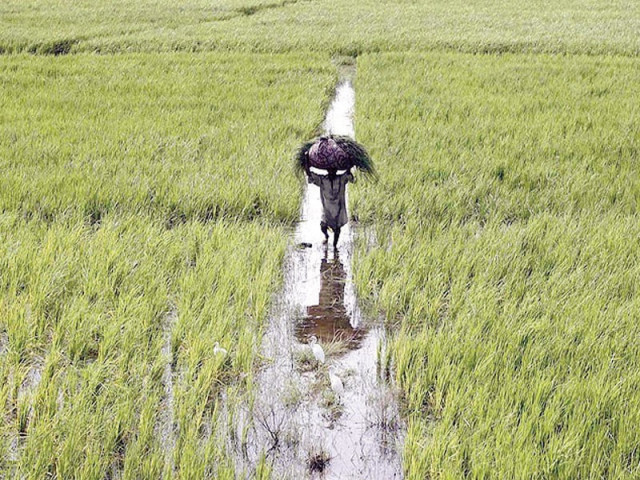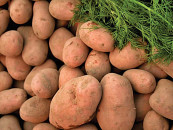‘Rising input costs have made farming unaffordable’
Regulation needed to boost efficiency, production: former agriculture minister.

“There is an urgent need of bringing down the input costs for the agricultural sector as high prices are discouraging the use of fertilisers, pesticides and quality seeds in optimal quantity, thus negatively impacting per acre yield.” Chaniho said while addressing a function arranged by the Agricultural Journalists Association, on Tuesday.
Speaking on the occasion, he called for regulation of the seed sector as farmers can buy seeds for the same crop between Rs100 and Rs1,000 per kilogramme without guarantee of differences in quality.
He said genetically-modified seeds – immune to pest attacks – were being used, however, due to low quality various pest attacks including armyworm and pink bollworm manage to destroy the produce. Such attacks can be avoided by ensuring availability of certified Bacillus thuringiensis (Bt) cotton seed.
Water was the mundane input for the agriculture sector but only 50% of river water actually reached the farm-gate through network of canals, of which 15% is lost on field due to seepage and obsolete irrigation practices, Chaniho said.
Replying to a question about why the districts situated at the tail of the water network do not favour Kalabagh Dam, he said that there was lack of confidence amongst the provinces, which should be restored to take up such decisions.
He said that farm machinery should be produced cheaply. Globally one tractor was used to plough 25-40 hectares of land whereas in Pakistan one tractor was used to plough 400-500 hectares, this practice reduced the life of the machine, he said. Farmers who owned 25-40 hectares of land had no access to farm machinery or soft loans to procure crucial agricultural inputs for various main crops, he added.
Chaniho said that due to high fuel costs for the fertiliser sector, fertiliser prices have surged significantly, which contributed to declining agricultural production.
He also complained of low standard of agriculture research and its reach. Lack of availability of trained farm managers, important information such as different seed varieties and suitability for different sowing periods have also been major issues confronting today’s agriculture sector, he added.
Published in The Express Tribune, November 21st, 2012.



















COMMENTS
Comments are moderated and generally will be posted if they are on-topic and not abusive.
For more information, please see our Comments FAQ